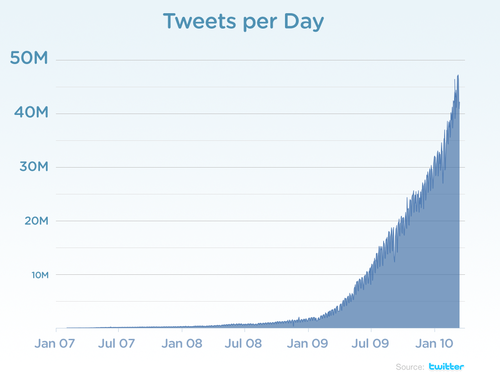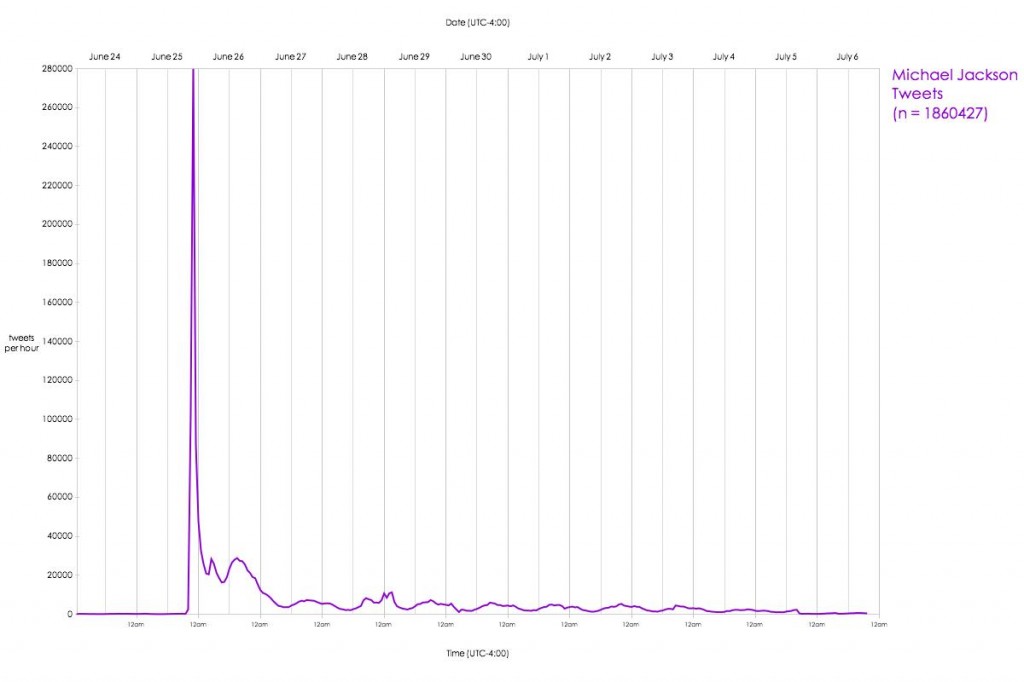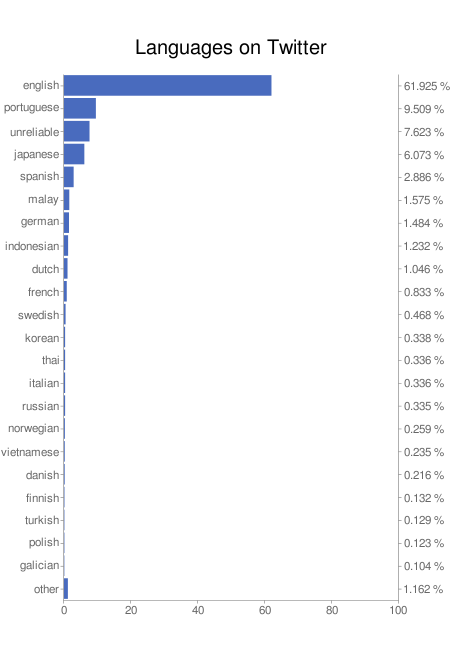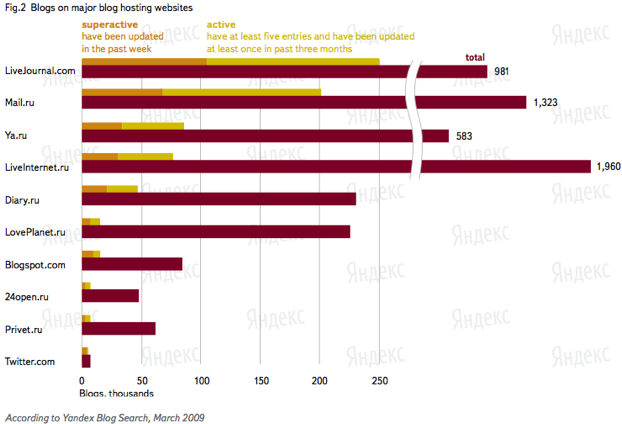Piracy Raids Lead to Blanket Microsoft Licenses for Russian Advocacy Groups
September 17th, 2010 — idteamBy Marianna Tishchenko
This front page New York Times article, which describes how Russian officials have used trumped up charges of software piracy to pressure Russian advocacy groups, led quickly to a blanket license for Russian NGOs from Microsoft. The article appeared on Sunday; the blanket license was announced on Monday. Microsoft lawyers are now also are effectively prohibited from assisting in these cases.
The raids, however, have taken place since 2007. Russian security services have conducted dozens of raids on Russian NGOs and media organizations that voice their opposition to the country’s leadership, according to the article. Although Russian officials have claimed that the raids have no political basis, the Times notes the government “rarely if ever” conducts such inspections for advocacy groups and news organizations that support the government, suggesting that officials have used piracy concerns as an excuse to silence dissenters.
Cliff Levy of the Times focuses on one case involving the Russian environmental NGO Baikal Environmental Wave. Russian police stormed the NGO in January—supposedly in order to investigate its possession of illegal software after receiving a ‘civilian complaint’—and confiscated staff computers that may have contained illegally downloaded software. The NGO insisted that it had paperwork that could prove that the Microsoft products had been legally purchased. Russian officials were not interested in seeing it, however.
The fact that Baikal Environmental Wave had been planning protests against a government-sponsored reopening of a paper factory near Lake Baikal when Russian officials stormed their facility makes their intentions suspect.
Since the release of the NYT article, a great deal of speculation has surrounded Microsoft’s role in raids. And in an attempt to dispel rumors and ward off criticism, Microsoft issued a statement on Sept. 13, in which it expressed strong disapproval of the use of software piracy concerns as a scapegoat for “nefarious purposes.” The company also announced its intention to create a unilateral software license for NGOs that will give them free and legal software.
“Whatever the circumstances of the particular cases the New York Times described, we want to be clear that we unequivocally abhor any attempt to leverage intellectual property rights to stifle political advocacy or pursue improper personal gain,” Senior Vice President and Microsoft General Counsel Brad Smith said in the statement. “We are moving swiftly to seek to remove any incentive or ability to engage in such behavior.”
One hopes that Microsoft will get out ahead of any efforts by other governments to carry out similar raids in other countries.








 Click Here
Click Here